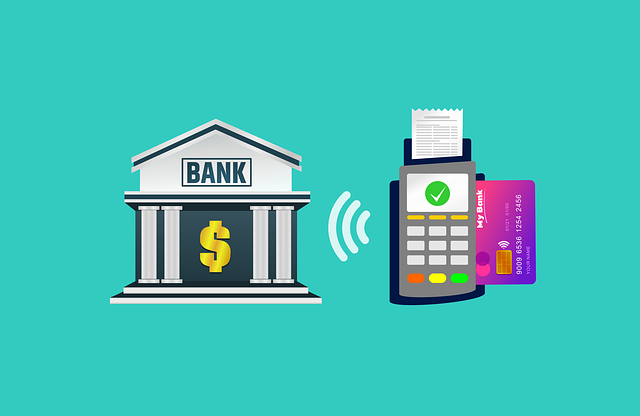Unlocking Real Estate Loans: Key Factors for Approval

In a competitive real estate market, understanding loan approval factors is key for buyers and lende…….
In today’s data-driven world, credit scores have emerged as a powerful metric, shaping individuals’ financial journeys and access to opportunities. This article delves into the intricate world of credit scores, exploring their definition, global impact, economic implications, technological advancements, regulatory landscape, challenges, and future potential. By understanding the nuances of credit scoring, we can appreciate its role in fostering financial inclusion while also highlighting areas that require improvement.
A credit score is a numerical representation of an individual’s or entity’s creditworthiness, based on their borrowing and repayment history. It serves as a snapshot of one’s financial reliability and is calculated using sophisticated algorithms analyzing various data points. Key components include:
The concept of credit scoring has evolved over time, with early forms dating back to the 19th century. However, it gained prominence in the late 20th century due to the rise of consumer credit and the need for standardized evaluation methods. The FICO score, developed by Fair Isaac Corporation, became a widely adopted model, influencing lending decisions globally. Today, advanced scoring models consider numerous factors, offering a more nuanced understanding of borrowers.
Credit scores have transcended national borders, becoming a universal language in the global financial market. Their impact varies across regions:
Credit scores influence market behavior:
AI and machine learning algorithms are revolutionizing credit scoring:
Blockchain promises secure and transparent credit scoring:
Credit scoring is regulated to protect consumers:
Credit scoring is a powerful tool shaping global financial landscapes. As technology advances, so do the expectations placed on credit scoring systems. Balancing innovation with robust regulation, data privacy, and fairness will be key to unlocking the full potential of credit scores in driving economic growth while ensuring consumer protection. By addressing challenges and embracing emerging trends, we can create a more inclusive and sustainable financial future.

In a competitive real estate market, understanding loan approval factors is key for buyers and lende…….

Understanding debt utilization ratio (DUR) is crucial in real estate for investors and homeowners as…….

Timely bill payments in real estate enhance credit scores, build trust with lenders and property man…….

In real estate, credit scores are vital for buyers and sellers as they impact loan eligibility and t…….

Regularly review your credit report for errors that could impact real estate loan applications and i…….

Timely bill payments in real estate are crucial for financial stability and credibility. Late paymen…….

Regularly reviewing and disputing errors on your credit report is crucial for real estate profession…….

Late payments in real estate harm reputation and access to financing, deterring investment and partn…….

Credit scores are vital in real estate, impacting mortgage rates and financing options. Higher score…….